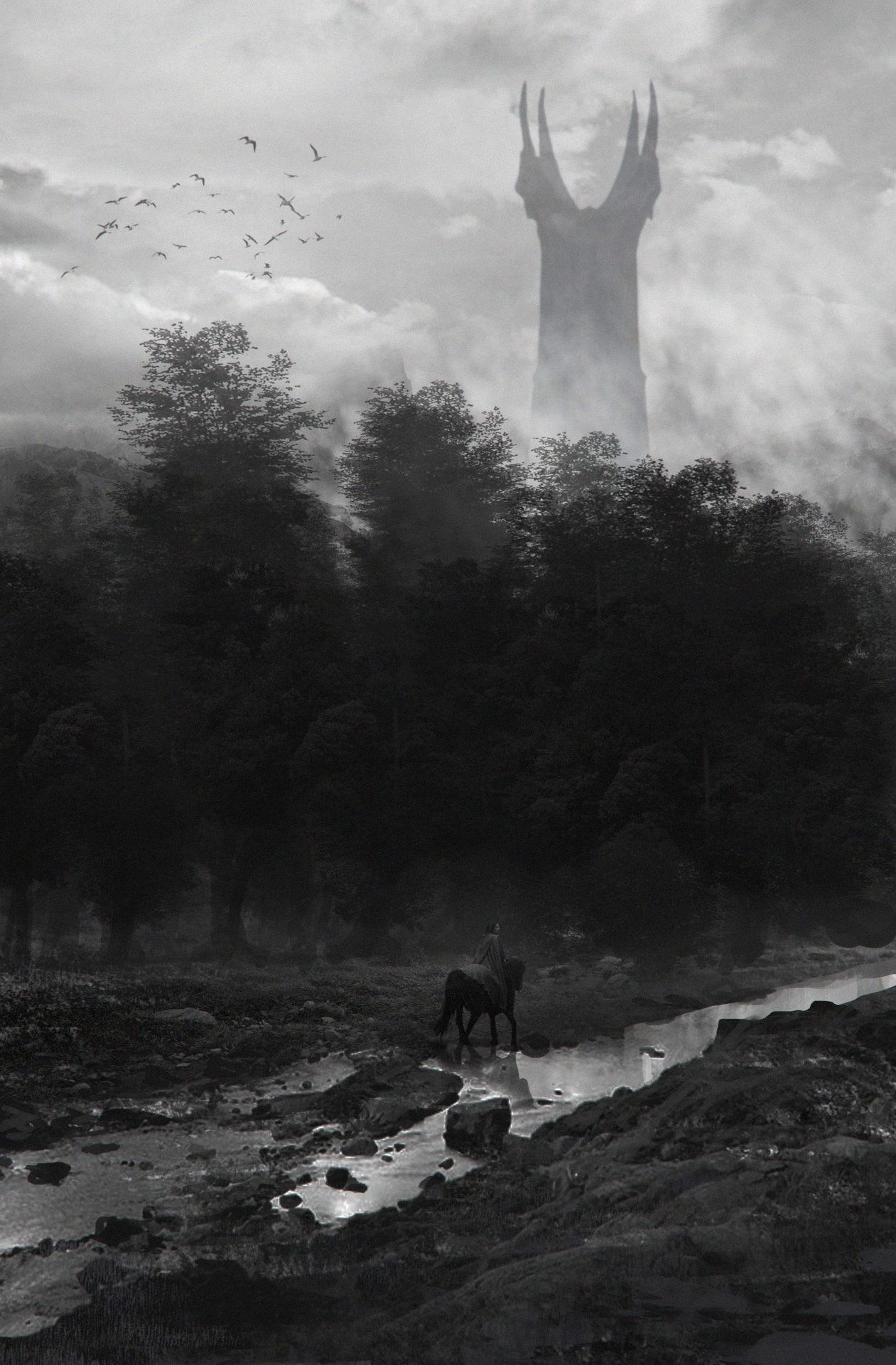this post was submitted on 20 Jul 2023
7 points (100.0% liked)
Hobbit Tolkien Talk
136 readers
1 users here now
Talk about anything Tolkien related.
Don't be afraid to reply to very old posts. Tolkien knowledge has no expiration date.
Please keep things relaxed. We're all hobbits here. If you are a Sackville Baggins, No Admittance Except on Party Business.
founded 1 year ago
MODERATORS
you are viewing a single comment's thread
view the rest of the comments
view the rest of the comments

You may have picked it up from Shakespeare. In Macbeth, he is given the prophecy
“Macbeth shall never vanquished be until
Great Birnam Wood to high Dunsinane Hill
Shall come against him”
Macbeth takes this to mean he is safe if the forest never grows near his castle.
That's amazing! You're right, I must have read something like the following and combined the two in my mind.
https://en.wikipedia.org/wiki/Shakespeare%27s_influence_on_Tolkien
Thanks for this. I was not aware of the direct attribution by JRR, but it doesn't surprise me.
So much of English lit is inspired by Shakespeare.